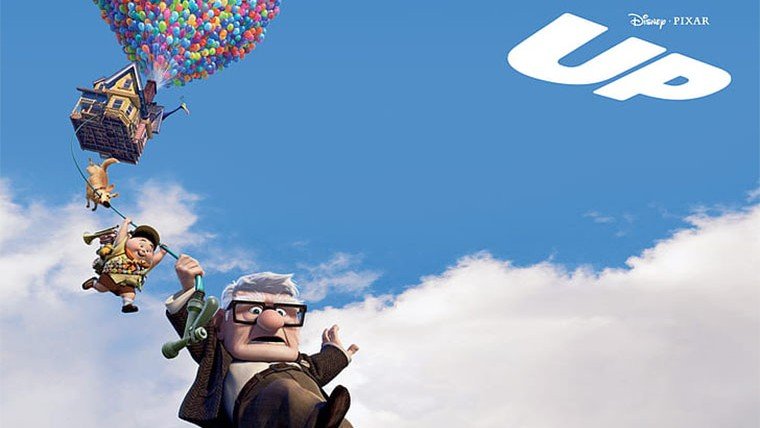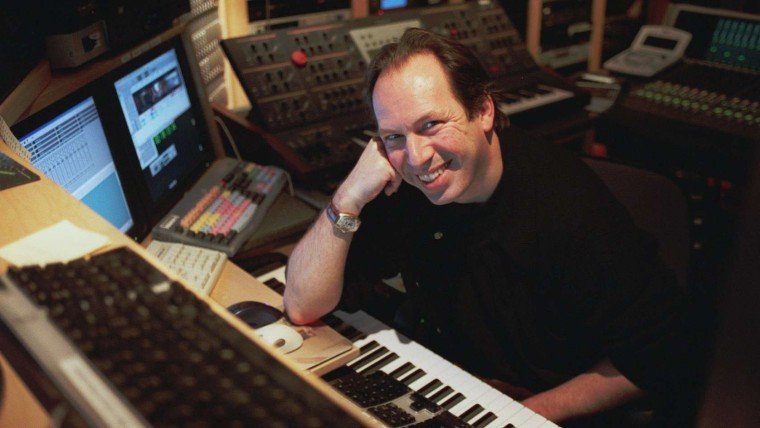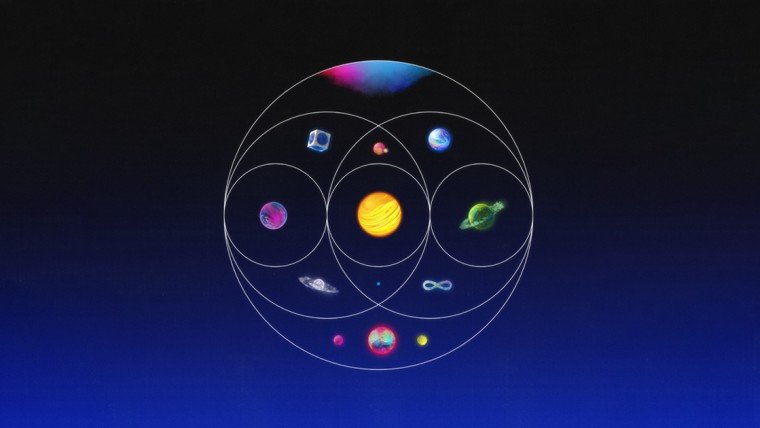Fight Club is an anarchist/psycho film that bends a lot of tale-telling elements. It is a certified cult-classic conceived in the form of a book by Chuck Palahniuk in 1996.
Two decades later, after rewatching and understanding the film’s whole premise, one can safely say that Fight Club still holds its quality, going on par with several movie giants in terms of plot and visual storytelling.
It is merely a story within a story, with a third narrative buried underneath its confusing plot.
An unnamed narrator played by Edward Norton is searching for a better self, or more precisely, he is trying to make himself complete. He’s something you can call a run-of-the-mill character with several hints of mental disorders. He’s unhappy, and he wants something more, a connection, or perhaps he wants to feel emotion. It prompted him to pretend that he has certain illnesses to join support groups and look for people he can connect with.
Within the film’s progression, the narrator encounters his better half, not in a romantic sense, but literally. It is in the form of a soap salesman, Tyler Durden. A character that is childish yet charismatic in many ways and is reckless, most of the time. Tyler is the narrator’s polar opposite.
Both of them share the same hatred towards the greedy corporations or those that are in the higher-ups. However, unlike the narrator, Tyler has objectives, and he has something in mind to break the status quo.
Many things happened to the narrator’s life, and he was pushed to live with Tyler, who has agreed to help him under one condition. “I want you to hit me as hard as you can.” The two brawled just outside of a tavern, and this instance has become their everyday thing.
Together, the two made something more than the narrator could have expected, and it is what they call the fight club. Over time, the gathering they have every night grew into something bigger, known as the Project Mayhem. It is fitting to call it a terrorist group at this point than an organization.
There are many rules in the fight club, but one of the most important of all is that everything about the fight club remains a secret. The Narrator, Tyler Durden, and all the people who have joined kept all of it amongst themselves.
One day, the Narrator was taken aback by a phone call from the Paper Street house; however, he ignored it, and instead, Tyler picked it up and talked to the caller. Marla Singer, a woman the Narrator met in a support group back when he’s still faking illnesses. Like him, Marla is also a faker, almost like the Narrator in terms of attitude and outlook in life. However, the Narrator hates this fact; that’s why he decided to keep his distance from her. Marla overdosed and is on the verge of death, so Tyler decided to rush to her apartment, saved her, and brought her to his place.
For some reason, Marla decided to stick with Tyler, who told her, “You’re gonna have to keep me up all night.” Thus, Marla visited Tyler’s place more often, and they had a lot of romantic sessions, which the Narrator just ignored.
Many things have happened to the fight club, which accelerated it into something a lot bigger, and Tyler is all in charge. After some time, Tyler rigged an accident for the Narrator, to which after it happened, he disappeared. The Narrator did his best to find Tyler, and with some effort, he finally did.
Who is Tyler Durden ?
Now, the biggest plot twist and major spoiler come, along with the soundtrack “Who is Tyler Durden?” The narrator went into a stunning realization that he was Tyler Durden all along.
The confrontation scene is stellar, and the soundtrack made by The Dust Brothers compliments heavily on the suspense in the atmosphere.
The soundtrack is composed of many jarring synthesizers that surprisingly do their job well. Often, soundtracks that are overloaded with many details suffer from saturation, making the score unbearable, which dramatically affects the scene.
The brassy, electric, and wavy instrumental choices are fitting to the thematic. They don’t just disappear right after they are introduced; they linger for some time and compliments well with the other sounds being introduced well as with the percussions.
Despite the sound and layering choices, “Who is Tyler Durden?” doesn’t come off as disturbing, even if the scene is trying hard to have it that way.
The slow climb of the tension is much unexpected, and the sudden pauses give more thrill to the whole premise of the scene.
While listening to the whole soundtrack, I could quickly pinpoint that many parts are cut, pieces that didn’t make it to the scene mainly because of the time and flow. While most of the details can be considered repetitive, it quickly makes it a lot better as it is the element that makes the whole soundtrack cohesive.
Along with its tension building premise comes the rescinding, with the soundtrack almost going on a full halt. However, several sounds linger on the end part of it, which gives off an ethereal vibe, correctly wrapping up a mesmerizing musical piece.
“Who is Tyler Durden?” is perhaps the most critical soundtrack in the film’s entirety. It is used in the perfect and most hype scene, which revealed everything the film has been keeping.
Homework
Fight club’s identity is becoming more prominent, and Tyler knows exactly what to do to accelerate their momentum. They have accumulated several participants, and Tyler exceeded being just a leader, but he’s now someone that many people are willing to do anything for. This starts with Tyler handing out pamphlets to the Fight Club members as they leave their hideout, and those pamphlets are what they call “assignments,” hence the “Homework” title for this particular soundtrack.
At its core, “Homework” is livid, with a bit of an active and cheerful tone. It starts with very fast percussion and so many layers of synthesizers plucking now and then. However, its pace is never consistent, and it sometimes halts and changes speed.
The scene showcases the members of the fight club doing their assignments, and there are some cases where the soundtrack is muffled as an added effect, which I found very interesting.
“Homework” ends with a transition to a choir-like part, echoing with no background instrumentals present. It’s a nice touch, but it’s a bit out of context, and I prefer having it stop before the transition. Overall, “Homework” is a fitting track for the scene.
What is Fight Club?
Tyler and the Narrator’s obsession with the fight club is starting to rise, and so far, they have established a tremendous amount of members, attracting even those tougher guys that are truly born to fight. “What is Fight Club” is title-explanatory, as the scene portrays what’s being in the fight club is.
“What is Fight Club” is somewhat basic and easy to listen to. However, it carries a profound and unusual feeling. It has a percussion loop on top of a characteristic bass that provides the tone for introducing the soundtrack. It has several sudden pauses and toning down of some parts, which is an excellent choice as it syncs well with the scene portrayed in the film. It shows how gritty and brutal fight club can be. The soundtrack ends with a bizarre combination of sounds, providing an eerie feeling that you can’t quickly shake off.
What a way to introduce a concept.
Single Serving Jack
Although “Single Serving Jack” sounds a little bit different from the other soundtracks made by The Dust Brothers, it still has some hints of their production, and you can quickly tell from the way their sound choices.
“Single Serving Jack” is used in the scene where the Narrator is describing his boring life. He explains how his weekdays go and what he does in his job. He shows boredom and starts questioning some parts of his routine. More than the soundtrack, I think this scene is well-done, and if you have a keen eye, you’ll see some essential hints for the story through the Narrator’s lens.
“Single Serving Jack” isn’t a very complicated piece, as it is only composed of some percussion and an ever-present bass; however, it has some surprising changes to the rhythm, even wholly changing the percussion that is used as well as incorporating more instruments to make it even crazier even if it is only for a bit.
Corporate World
“I flip through catalogs and wonder what kind of dining set defines me as a person?”
This soundtrack is by far the best for me, mainly because of how it perfectly blends with the other soundtracks’ identity but still having its flavor. The soundtrack starts with a percussion loop, coupled with high pitched instrumentation. One could say that it sounds somewhat familiar as for me, it almost sounds like elevator music. However, the tonal shift it brings on the middle part is quite eerie, making the track a lot better and fitting to the scene. The track starts to slow down as it progresses and ends abruptly without any sign.
I think this is one of the best pieces in the whole soundtrack, mostly because of how pretentious it is.
Psycho Boy Jack
When I first heard “Psycho Boy Jack,” it initially gave me this feeling of something terrible is about to happen. The instrumentation in this piece is bizarre, and sometimes, it is hard to distinguish what is playing. The clashing of the said instruments gives this chaotic feeling that significantly displays the meaning of “Psycho Boy Jack,” which is when the Narrator starts to let loose his primal fighting instinct.
Hessel, Raymond K.
The track’s title is also the name of the person held at gunpoint by Tyler. Honestly, there’s not much going on here, but I’d say it gets fascinating when it picks up its pacing. It starts with a brassy ensemble coupled with some percussion. It is instead a strange piece, to be exact, but at least it is good background music to a memorable and motivational scene in the movie.
Medulla Oblongata
The Dust Brothers are exceptional when it comes to creating mood and ambiance by using their compositions, and “Medulla Oblongata” is one testament to that. The instrument layering on this track is superb, and I could easily say that this is my top track on this list. It has many personalities, and the way it was structured makes it even a lot better to listen to. Transitions may not be The Dust Brothers’ forte, but the beat changes on this track make up for that shortcoming. Overall, “Medulla Oblongata” is more than just background music, but it is something I could listen to whenever I want to get hyped.
Jack’s Smirking Revenge
For this scene, we can quickly see how the Narrator’s psyche is worsening. “Jack’s Smirking Revenge” is very obnoxious, a great reflection on how the scene went. It starts very slowly, almost adapting some mellow elements to go with its percussion. However, it has some transitioning parts where it gets very mushy and elaborate, to the point that it is a bit too hard to listen to. Despite having this characteristic, “Jack’s Smirking Revenge” is still extensively used in the scene where the Narrator is beating himself into a pulp in front of his most hated person, his boss.
Stealing Fat
“One man’s trash is another man’s treasure” is the perfect phrase to define the scene where “Stealing Fat” is used. To make more soap, Tyler decided to get fat together with the Narrator. There’s nothing much that happened here, but it is that one scene that I will never forget from watching Fight Club. The sound of “Stealing Fat” can be described as “in your face” mostly because of the aggressive usage of instruments, most obviously, the overpowering bass. It isn’t that great, but it is something that I will forget, in contrast to the epic scene of Tyler and the Narrator doing some gross and illegal stuff.
Chemical Burn
“It’s only after we’ve lost everything, that we’re free to do anything.” is the lesson Tyler Durden wants to give the Narrator after giving him some chemical burn. The soundtrack starts reasonably slow, but it immediately escalates with much suspense, all thanks to the adlib sirens modified to sound more aggressive. The Dust Brothers used many digital distortions to aid the song to achieve its horror-like vibe. The scene alone is more than enough to deliver an unforgettable and moving experience, but thanks to “Chemical Burn,” it reached even greater heights.
Marla
Marla is another crucial character to the story; she is the love interest of both Tyler and the Narrator. “Marla” plays when the Narrator first sees her, which didn’t go well as eventually, the Narrator hated her guts, and it continued for some time. The soundtrack has a passive start; perhaps it even fits to call it is mellow. The smooth piano-accompanied bass and some drums continued for several moments, instantly demolished by a slightly scary transition that lingers for some time. “Marla” is that nothing is constant, which made it a lot better than when it started. It ends with a suspenseful combination of pads and strings that rises as the finale draws near.
Commissioner Castration
At its core, Fight Club is a presentation of social commentary, and in the scene when “Commissioner Castration” was played, we witnessed the best example of why Fight Club remains as a classic gem up until now. “Commissioner Castration” is intense, fast-paced, and motivates you to move. The tone and the pace of this soundtrack are significantly controlled by the bass, which is, in my opinion, one of the best-utilized instruments by The Dust Brothers.
Space Monkeys
“Space Monkeys” is very jarring, but as soon as it transitions into another part, everything restarts, and I’m once again confused. However, since The Dust Brothers made this, it is not quite that shocking, and although it is a frequent appearance on the other tracks, I still like this one. It has some very cheesy and clunky parts, but I think those parts are why these tracks are considered excellent. They’re not meant to contain any lyrics, to begin with, so they have to try their best to create something that can catch people’s ears without exerting too much effort, and for me, “Space Monkeys” is the best example of that.
Finding the Bomb
“I ran. I ran until my muscles burned and my veins pumped battery acid. And then I ran some more.”
“Finding the Bomb” is stellar in its ways. Not only does it help as a mood setter for the most heart-racing scene in the entire movie, but it also manages to stay in control even if things are starting to get out of hand. The composition is impressive, and it is filled with many nuances that add depth and more character to the whole musical piece. While progressing, the soundtrack becomes even better and slightly turning into more haunted, which is excellent, considering how long it is.
“Finding the Bomb” is full of adrenaline and delivers an ending that deserves all the praises.
This is Your Life
At first, listen to “This is Your Life,” I feel like it is an audio recording of Tyler Durden trying to brainwash me. More importantly, however, “This is Your Life” provides a substantial listening experience because of its replay value. Not only that but this time, we got fewer transitions and beat switches, which makes it very consistent and a lot easier to listen to. The bass and the brilliant use of guitar is highly commendable, and I can see myself listening to this track now and then. “This Is Your Life” is different from the other ways on this list and is one of the best movie soundtracks ever created.
Where is My Mind?
“You met me at a very strange time in my life.”
Confused, bewildered, and shocked. Perhaps you have experienced any one of these words while watching Fight Club’s very last scene. It is epic, enigmatic, and something that I won’t forget for the rest of my life. “Where is My Mind?”, the soundtrack that accompanied this scene is performed by The Pixies and not by The Dust Brothers. Yet, it still has the elements of the other soundtracks of this list, which makes it even more effective because it’s cohesive and faithful to the movie’s whole thought. As the skyscrapers fall and everything turns into a rumble, you can hear the slightly aggressive guitar melodies grow even louder. “Where is My Mind?” can easily pass as a typical rock song, but it is even given a more profound meaning when paired with the movie, making it a lot sad and chaotic. Like what the title says, it makes you question where you are, what you are thinking.
Saying that Fight Club is a good movie is an understatement because I believe it has even surpassed perfection. David Fincher‘s vision, accompanied by the sound design wonders of The Dust Brothers, made Fight Club into the cult classic that it is right now.







